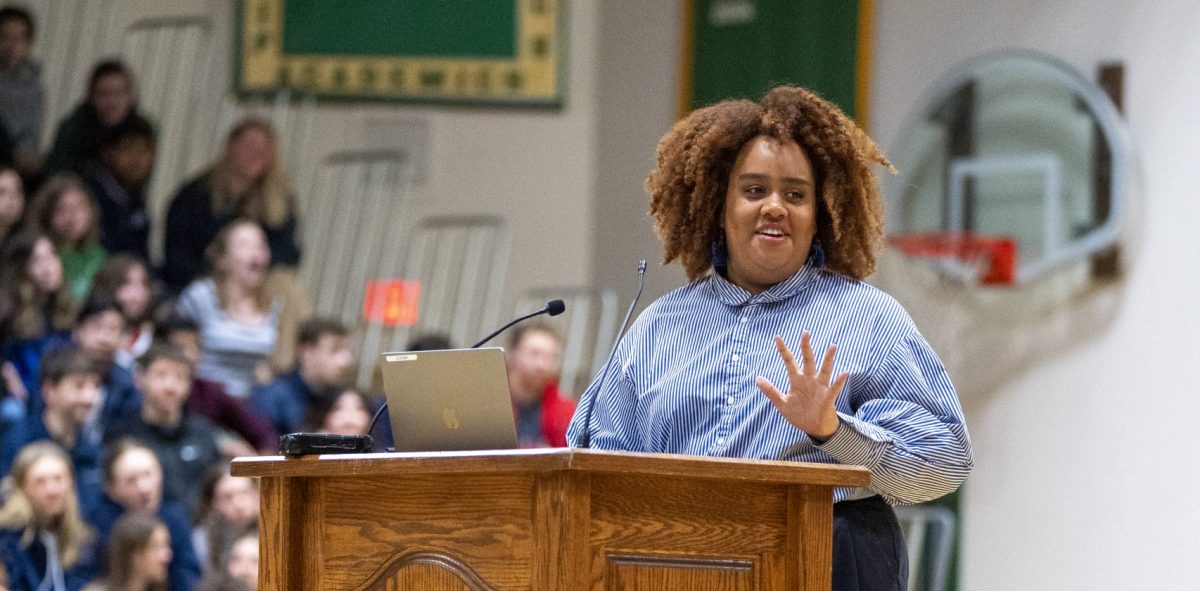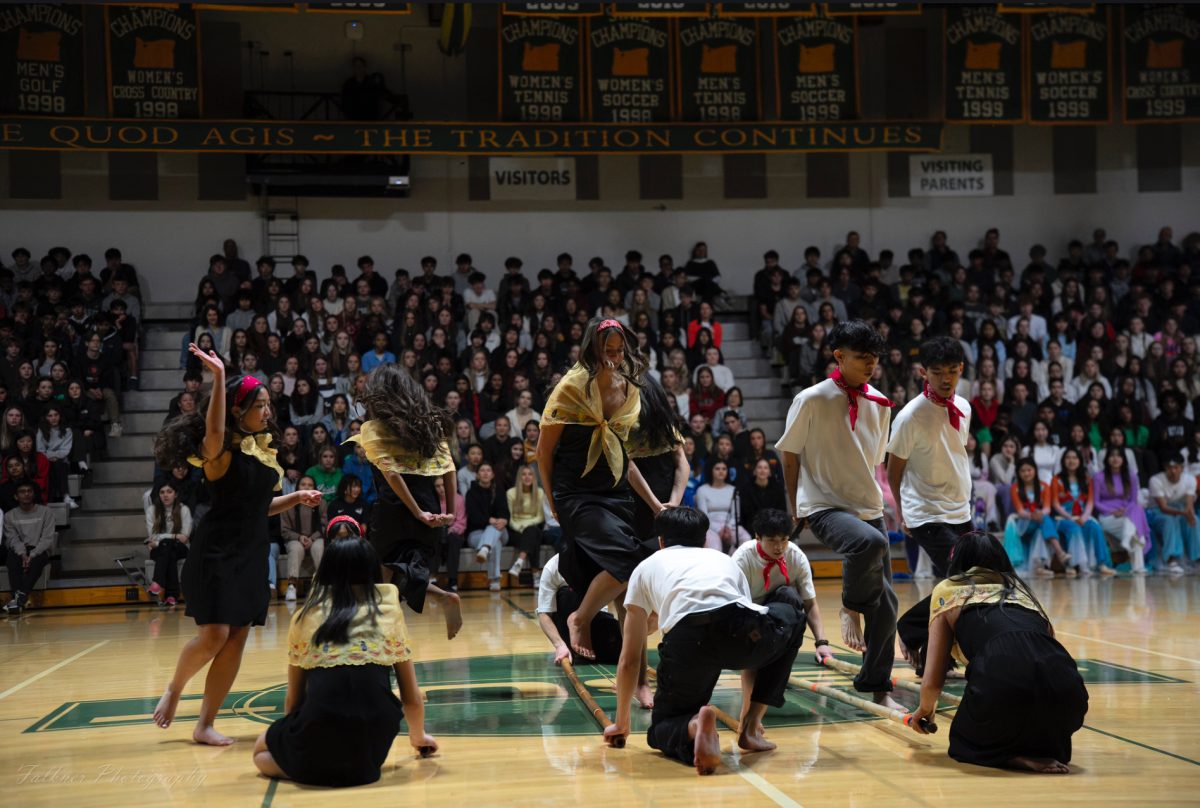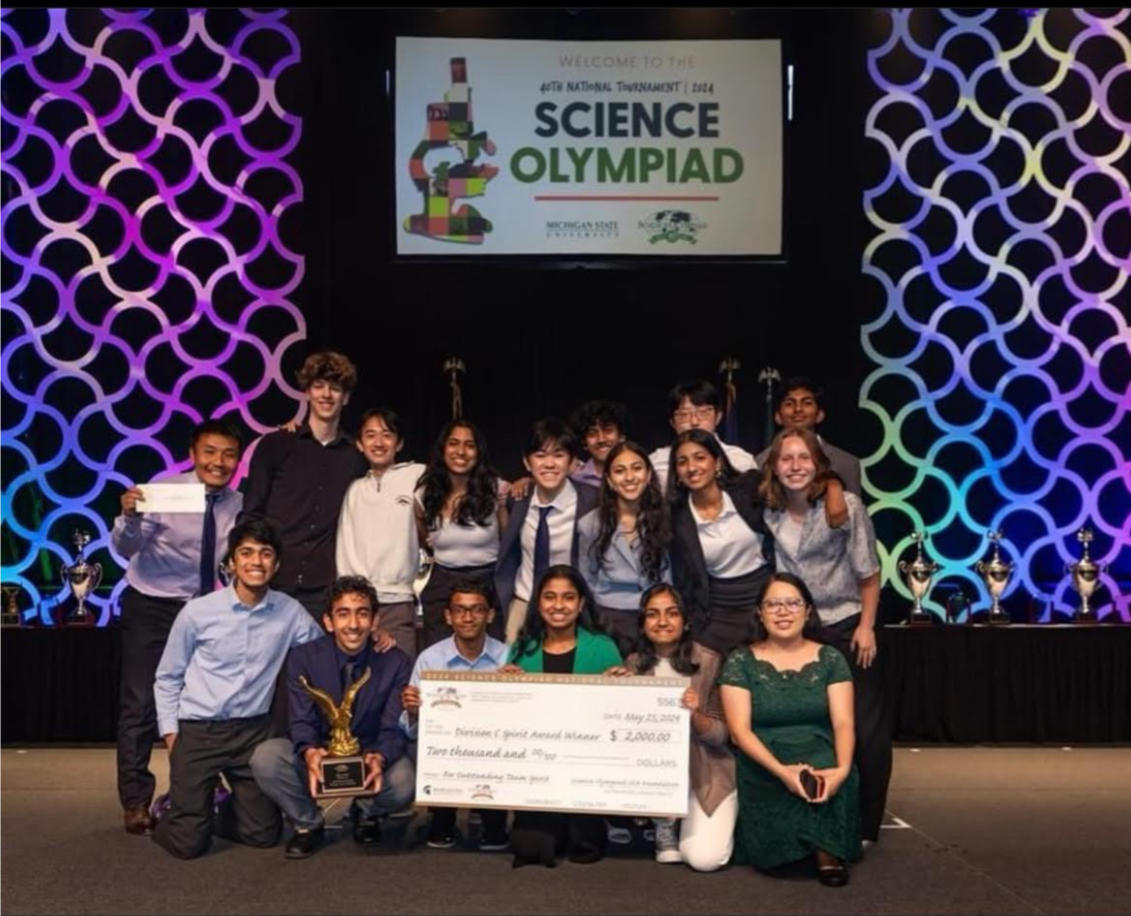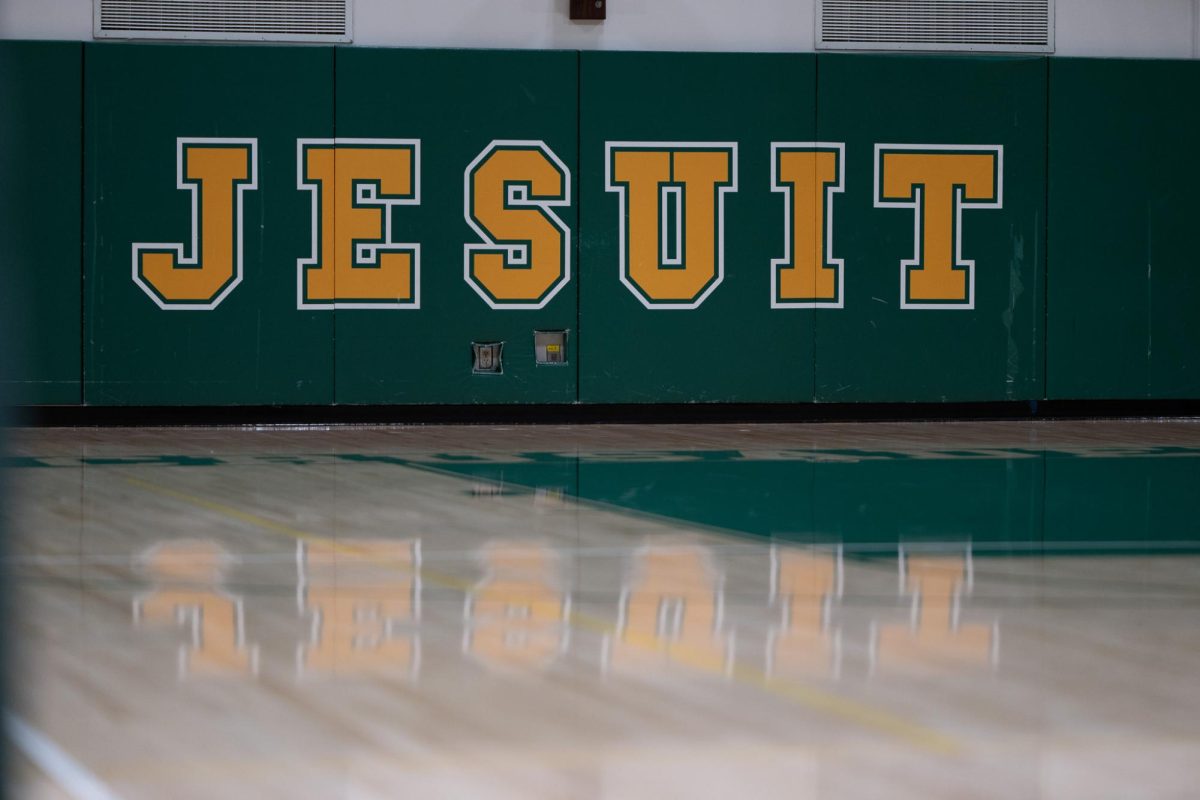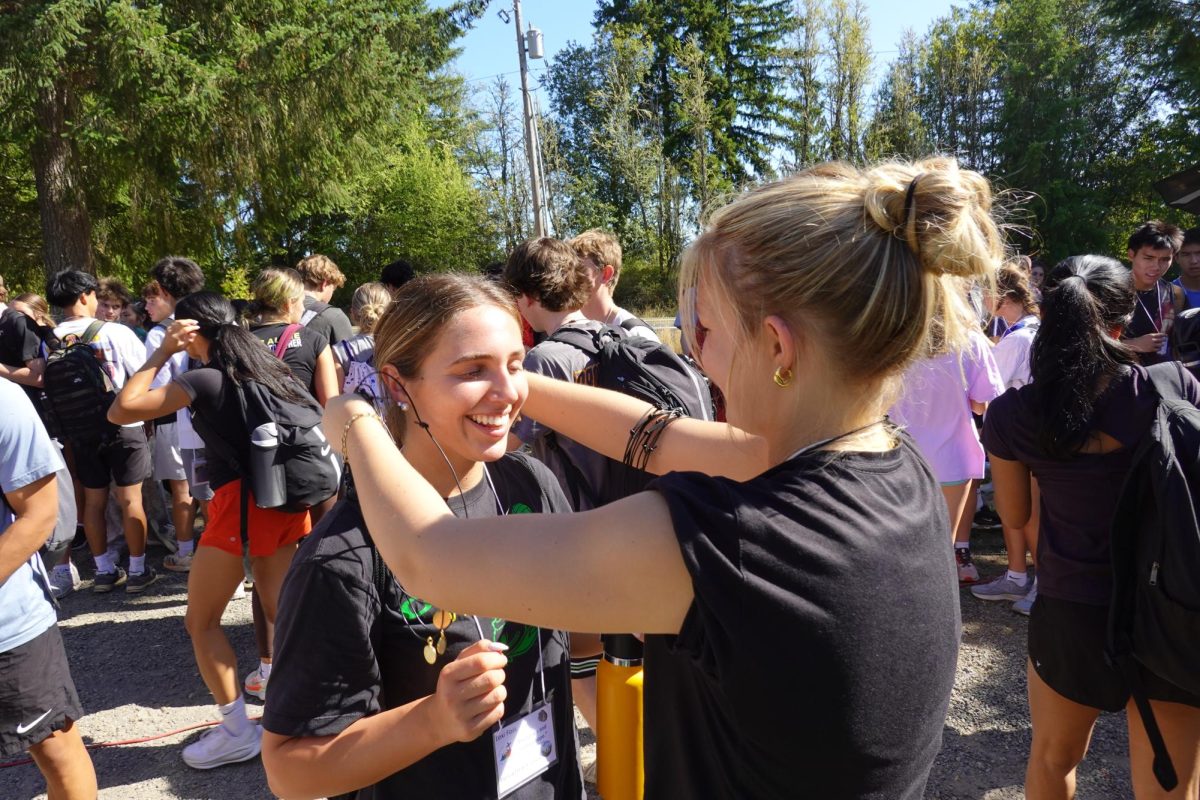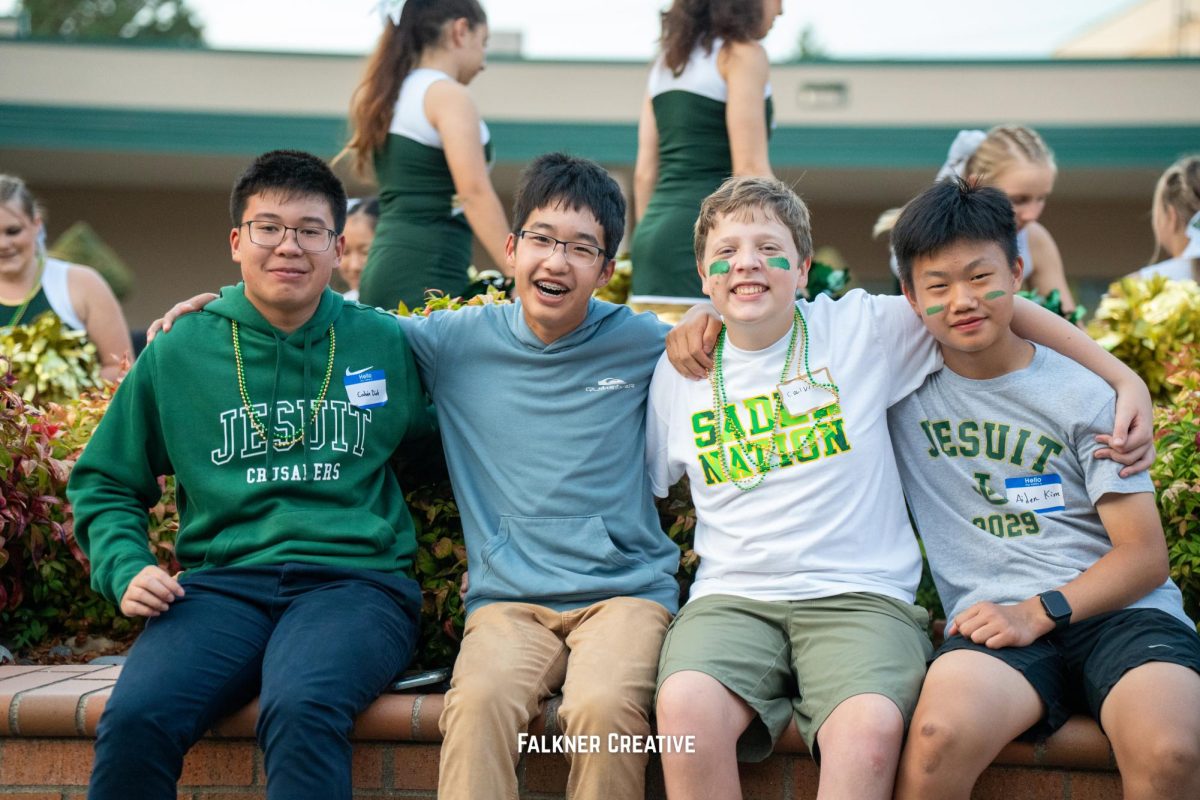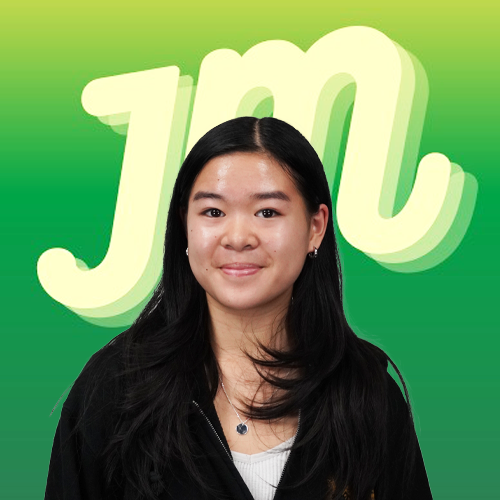Social Justice Week marks a departure from the usual schedule, offering a platform for diverse activities of student-led workshops, alumni keynote speeches, and the multicultural assembly showcasing various talents such as dance, spoken word, and musical performances. But how did this week come to be, and why is it meaningful?
Originally stemming from Multicultural Week in the 2010s, where students celebrated cultural diversity through traditional dishes and attire, Social Justice Week has evolved into a time for discussing pressing societal issues, with each year focusing on a specific theme.
“This year the student body elected to focus on AI and ethical tech use, while last year students opted to focus on climate justice,” said DEI director, Ms. Montez.
With the growing potential of AI technology, the focus of this year’s Social Justice Week is to raise awareness about the capabilities, potential consequences, and ethical considerations surrounding AI’s development and use.
To highlight this focus, the revised schedule for the week aims to engage students in critical dialogue and reflection.
“The hope is that we can step away from our traditional way of seeing classes, going periods one through six every day, and be intentional about thinking critically about different social justice issues impacting us,” Montez said.
This year, a diverse group of over 55 student presenters are covering topics ranging from gender bias and the implications of policing with AI to its role in preventing concussions.
Making space for these 40-minute student workshops allows for growth among student participants and leaders. Workshop leaders undergo in-depth research with the help of teacher mentorship to connect things they are passionate about with emerging themes of AI.
“AI is something that some classes are talking about, but a lot of students had to do a lot of legwork outside of this. It’s a great learning opportunity, a great leadership opportunity, and there’s a really intentional thought process behind it,” Montez said.
In addition, keynote speakers of the week include the class of 2016 Serena Odura who will speak on her work involving AI and policy work. Additionally, Spencer Wagner, a computer science teacher from Regis Jesuit High School in Denver, Colorado, is leading the charge to teach Jesuit educators how to use AI ethically in their classrooms.
Extending beyond alumni, the presenter lineup also includes professionals from various fields. From lawyers involved in AI work at Intel to an author at OPB planning to talk about his work at NPR, this diverse range of perspectives ensures that students encounter multifaceted viewpoints and specialized expertise.
Paying homage to its roots in Multicultural Week, students work with the DEI office to plan the community celebration assembly on Thursday, a multilingual mass on Friday, and coordinate the student-led Examen prayer in multiple languages. Additionally, student groups have met for the past three or four weeks twice a week during lunches to plan the posters, prepare the signups and create the vision for the week.
Overall, Social Justice Week offers an array of engaging and thought-provoking activities for the entire school community to anticipate and participate in.
“This week is an opportunity to think about current issues that are important to our community, and to reframe our school day to focus on them together,” Montez said.



